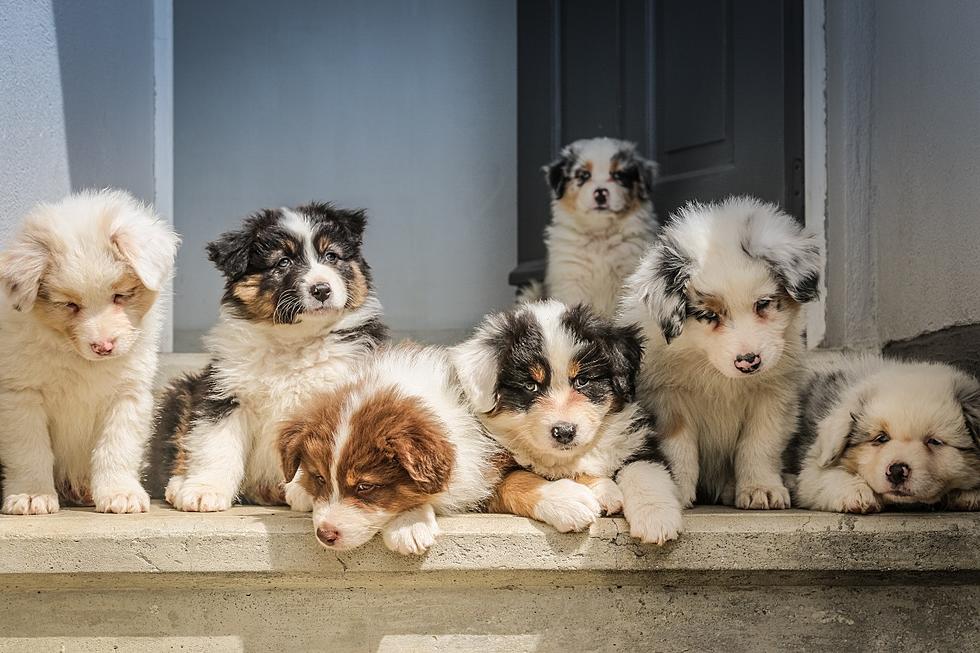
Animal Health Issues Guidance for Canine Influenza
ST. PAUL (WJON News) - The Minnesota Board of Animal Health has released some suggestions for dog owners worried about canine influenza.
Since the initial influenza outbreak was reported on April 6th, there have been four more confirmed cases and strong evidence of the spread of the disease throughout portions of the Twin Cities.

Get our free mobile app
As a result, the board has released recommendations for owners, dog boarding facilities, and veterinarians.
Recommendations for dog owners:
- Avoid direct dog-to-dog contact with dogs outside of your household or dogs that are known to have been boarded, attended dog day-care, or visited a dog park in the last seven days.
- If your dog is sick, keep them at home, away from other animals, and call your veterinarian.
- Consider avoiding dog parks and other locations with uncontrolled dog-to-dog contact.
- Keep your distance (six feet) at places where dogs congregate like dog parks and while on walks with your dog.
- Canine influenza can also spread via contaminated surfaces, including skin and clothing. If your dog is sick or you have contact with dogs outside of your household, wash your hands and change clothes before interacting with other animals.
For dog kennels and daycare facilities:
- Direct staff to be on alert for clinical signs.
- Immediately separate symptomatic dogs from others and contact your veterinarian. Signs of influenza include coughing, runny eyes or nose, hard swallowing or throat clearing, fever, and lethargy. Signs often appear suddenly, and a dog that appears healthy in the morning may show signs in the afternoon.
- Any dog showing signs of respiratory disease should be immediately sent home and not allowed to return to the facility for 30 days. Even a dog that appears to have recovered can continue to shed infectious virus for 30 days.
- Increase cleaning and disinfection measures and frequency. Advise staff to wash hands and clean their clothes between dog interactions.
- Consider reducing the number of dogs in play groups and keep group membership consistent.
- Screen new arrivals for upper respiratory symptoms.
For Veterinarians:
- Report positive canine influenza test results to the Board via our online case report form. Once the Board receives a case report, our agents conduct all follow-up investigations and quarantine procedures with your client.
- Treat symptomatic patients with caution and advise a 30-day in-home quarantine even without a positive influenza test.
- Practice good biosecurity in the clinic. Isolate dogs with respiratory illness and thoroughly clean and disinfect surfaces and instruments used during the exam. Wear full PPE when treating these patients.
Symptomatic dogs often exhibit a cough, low-grade fever, tiredness, disinterest in food, sneezing, runny nose, and shortness of breath.
For more information on canine influenza, click here.
READ RELATED ARTICLES
- 5 Minnesotans Make Forbes List of Richest People.
- US Supreme Court to Hear Hennepin County Case.
- Come On Down! Minnesota Prize Featured on "The Price is Right".
Come Visit St. Joseph, Minnesota in Pictures
More From AM 1240 WJON









